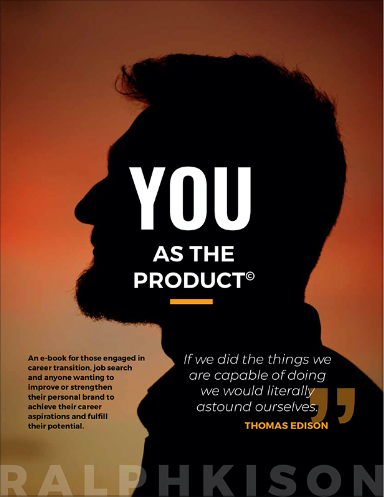Most managers and leaders want employees to be happy, motivated, and productive—that’s how companies succeed. I have met some who lack basic understanding of how to motivate, show respect and concern for others. Why they are in people management roles is a mystery. You’d think their personal motto is “I’m not happy until you’re not happy”. These individuals should consider occupations where they have minimum contact with other humans.
If you are committed to maximizing employee effectiveness by monitoring and providing feedback to engage your employees and maximize their performance, consider how you can implement some or all of the following ideas.
- Daily – Have a 5 minute daily “check-in” with each employee to identify what tasks and projects they are working on to ensure they focused on priorities and high payoff tasks.
- Weekly – Conduct a 10 minute TGR (Things Going Right) and TTI (Things To Improve) review. Focus on high payoff priorities and activities; identify what needs to be completed; what is not completed and what is on the horizon for the new week.
- Monthly – Conduct a 30 minute assessment of the key tasks and projects addressed over the past month. Acknowledge successes, identify deficiencies, and define a new set of challenges or goals that get worked back into the daily and weekly review schedule defined above.
- Quarterly – Conduct a one hour review, using a scorecard that includes measurement criteria you use in the annual performance review. Don’t surprise your employees in their annual review with poor ratings or criticism for what should have been done during the year. If you have concerns use the quarterly meeting to raise the issues and provide appropriate training or coaching.
- Annual – Conduct a full review of their performance over the past year. The best reviews are based on a document that includes goals, core competencies required for the job, qualitative and quantitative metrics, KPI’s (Key Performance Indicators), personal development objectives including any education and training, special projects or assignments that would advance their career.
The old adage of “inspect what you expect” still holds true. Most people thrive on, and crave attention and feedback regarding their performance. Focus on what they are doing well and where they are having significant positive impact. Conversely, learn how to provide bad news and identify areas for improvement in a constructive and supportive manner and people will generally respond well.
Here’s some additional perspective on the importance of this topic. Last weekend I conducted a leadership weekend with the Young Engineers of ASHRAE (YEA) in Portland. During our group discussions and my personal conversations afterwards, the importance of feedback, coaching and support, including performance reviews as suggested in this blog were discussed. Many attendees want the type of feedback and support to develop their performance. Some attendees are so frustrated or disappointed they are not receiving this input that they considering leaving their current employer. This happens every time I conduct a session. Why? These young engineers understand the importance of performance monitoring and desperately want the support because they want to grow and improve. The problem is they are not receiving it.
If you are applying some or all of the actions I’m suggesting, good on you! If you are a manager or leader and can’t do what I’m suggesting, contact me for some ideas or let me help you create a plan to develop your employees through performance reviews, feedback and coaching.
What if you train your employees and they leave? What if you don’t train them and they stay?


Recent Comments